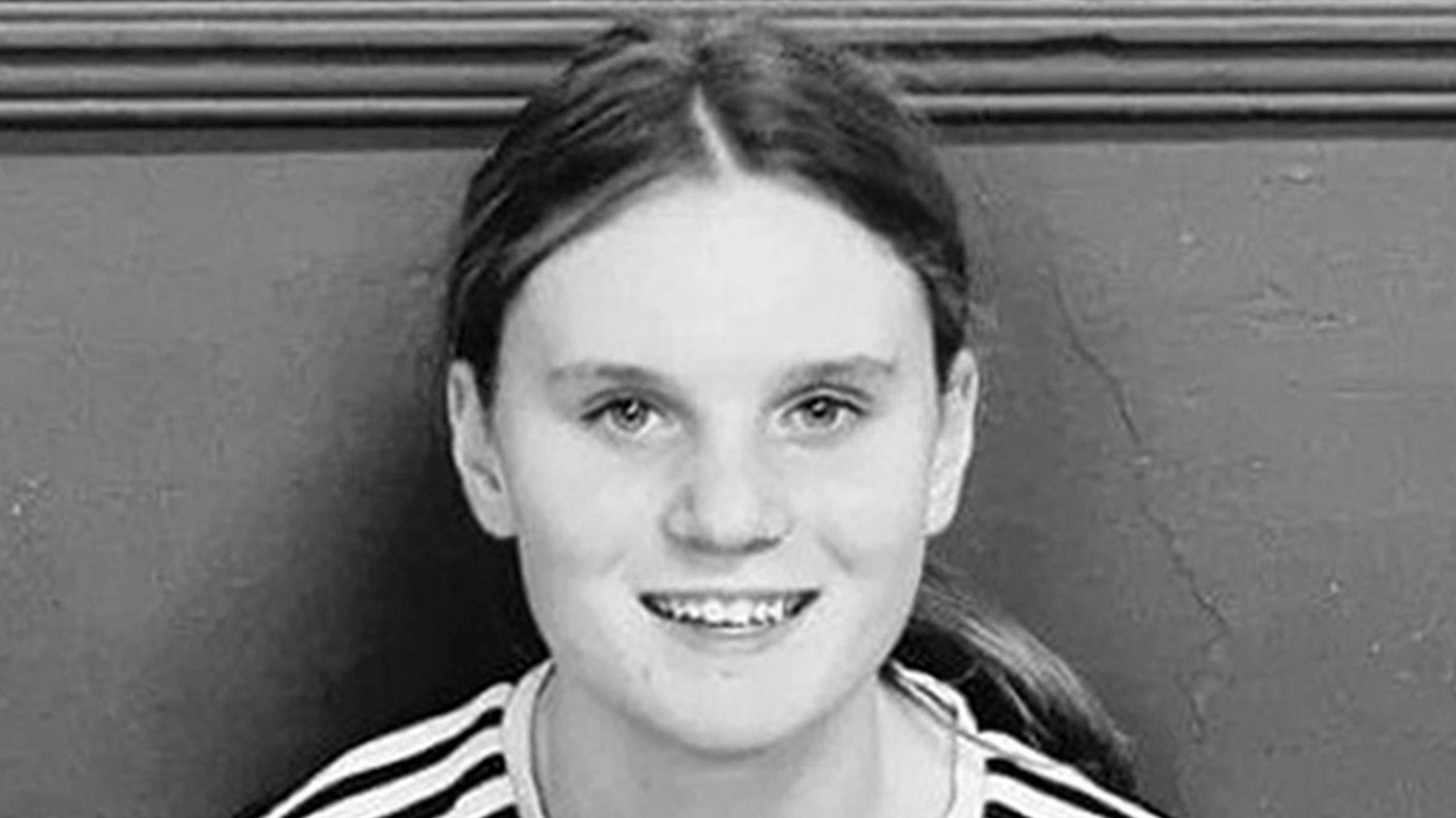Girl's killing was 'not an impulsive act'
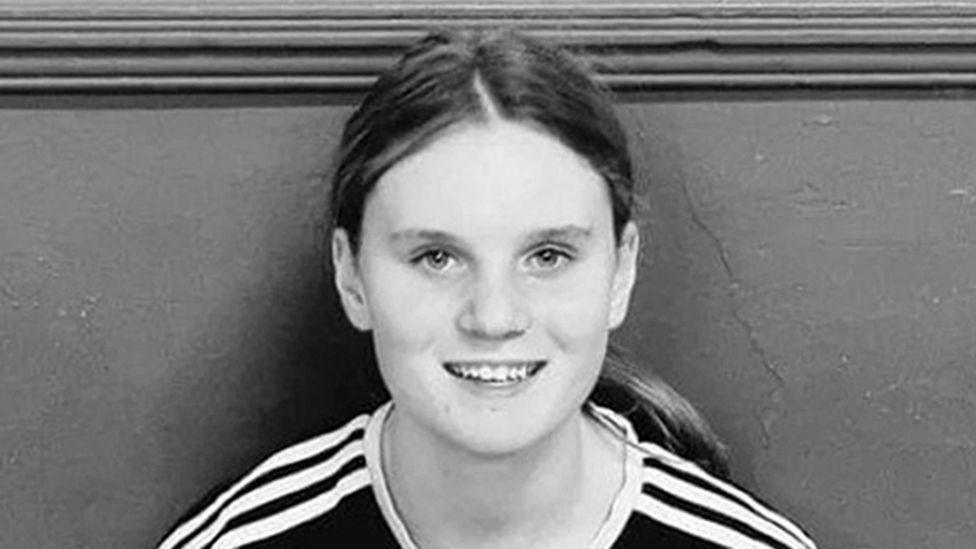
Holly Newton was stabbed in a Hexham alleyway in January last year
- Published
A fatal attack on a teenage girl was not an impulsive act and the teenage defendant did have the "capacity" to form intent, an expert witness has said.
Holly Newton was knifed multiple times in an alleyway in Hexham, Northumberland, on 27 January last year.
The defendant, who was 16 at the time and has autism, admits manslaughter but denies murder, having told Newcastle Crown Court he "went blank" during the attack.
The trial has heard the boy had been following Holly for 45 minutes on the afternoon she died, but claimed he had been carrying a knife to harm himself rather than Holly.
Psychiatrist Dr Indranil Chakrabati told the court he believed the accused, now 17, had "capacity" to form intent because he had waited until he was alone with Holly.
He also said he did not believe the attack had been part of a dissociated episode because when another boy tried to intervene he did not "snap out of the situation" and went back to attack Holly again.
Dr Chakrabati also told the court that, in his opinion, nothing had impacted on the boy's capacity to use the knife or to know that it could kill, including his diagnosis of autism and his low IQ.
'Blocked it out'
Earlier in the day, a clinical psychologist acknowledged the accused might not have "blacked out" during the attack and instead did not want to remember stabbing Holly.
Clinical psychologist Dr Alison Foster previously told the jury the defendant had shown signs of Post-Traumatic Stress Disorder (PTSD) during assessments, which could have led to dissociation, or "blacking out", during stressful moments.
She said she believed other medical professionals had not diagnosed him with PTSD as he "did not have the language" to describe experiences "like flashbacks".
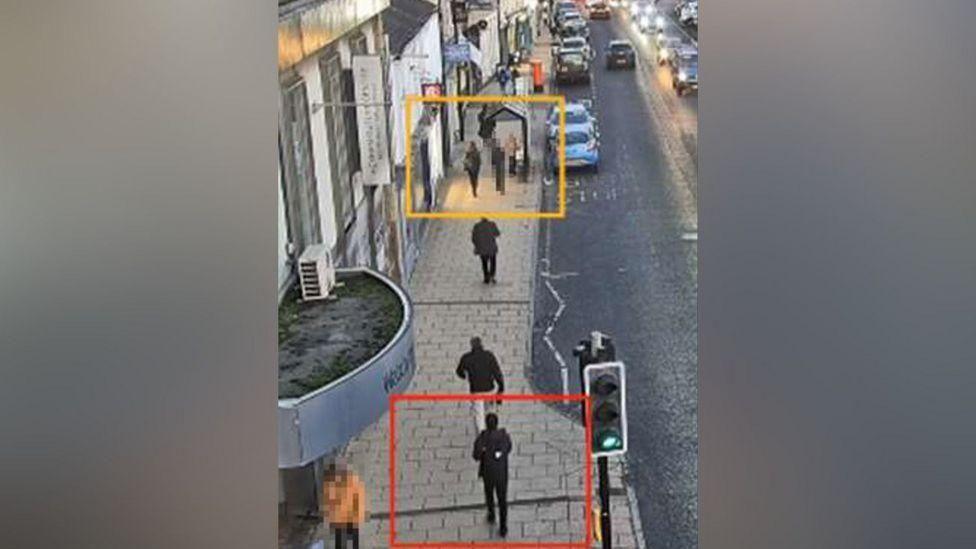
CCTV images showed the defendant, in the red square, following Holly, in the yellow frame, for 45 minutes before her death
However, under cross-examination, prosecution barrister David Brooke KC described the "targeted nature" of the attack, during which he said the defendant stabbed Holly across her body and continued to do so her after he had knifed a boy who tried to pull him away.
He put it to Dr Foster that she had said in her report she could not "explain how that fitted" with dissociation.
Dr Foster told the court she could not explain it, but added if the defendant was "in a dissociated state, he would not have been in control of his emotions".
Mr Brooke also asked the psychologist if it was possible the boy "just attacked" Holly and had "blocked it out" because it was traumatic and he did not want to remember it, and that it did not "mean he didn't know what he was doing at the time".
Dr Foster answered that was "possible".
'No signs of PTSD'
In reference to Dr Foster's assessment the defendant had shown signs of PTSD, Dr Chakrabti told the court when he had assessed him soon after Holly died, he had shown no signs of mental illness.
Dr Chakrabti explained if someone had committed a serious crime as a result of a mental illness which resulted in a fatality, and they presented in the way the defendant had without medication "to calm him down", it was unlikely the crime had been a result of a mental illness.
He told the court he was not saying the teenager had not suffered any trauma in his life, but he had not "seen anything" that suggested he had PTSD.
The psychiatrist had asked the defendant what he understood killing with a knife to mean, the court heard.
He said the teenager described knowing you could kill someone by creeping up on them and "slicing their throat".
The defendant told the psychiatrist he had "felt shocked" when he saw Holly on the floor after the attack, the court heard.
Dr Chakrabati said he reminded the defendant that he had told him he thought people could be reborn after being killed, like in a computer game, and asked why he thought he was in shock.
The psychiatrist reported the accused looked upset and said "I do not want to remember".
'Targeted'
Dr Chakrabati also said the defendant's behaviour of getting a bus to Hexham at a busy time was not what you would expect from someone who had experienced trauma and needed safe spaces.
He described the defendant's actions as "targeted" and "cold", and that they could not be explained on the basis of dissociation.
Dr Chakrabati agreed with the prosecution that the defendant could have blocked out the events of the attack simply because it was traumatic and he did not want to remember it.
The teenager also denies stabbing the boy who tried to stop the attack.
The trial continues.
Follow BBC North East on X (formerly Twitter), external, Facebook, external and Instagram, external. Send your story ideas to northeastandcumbria@bbc.co.uk.
Related topics
- Published20 August 2024
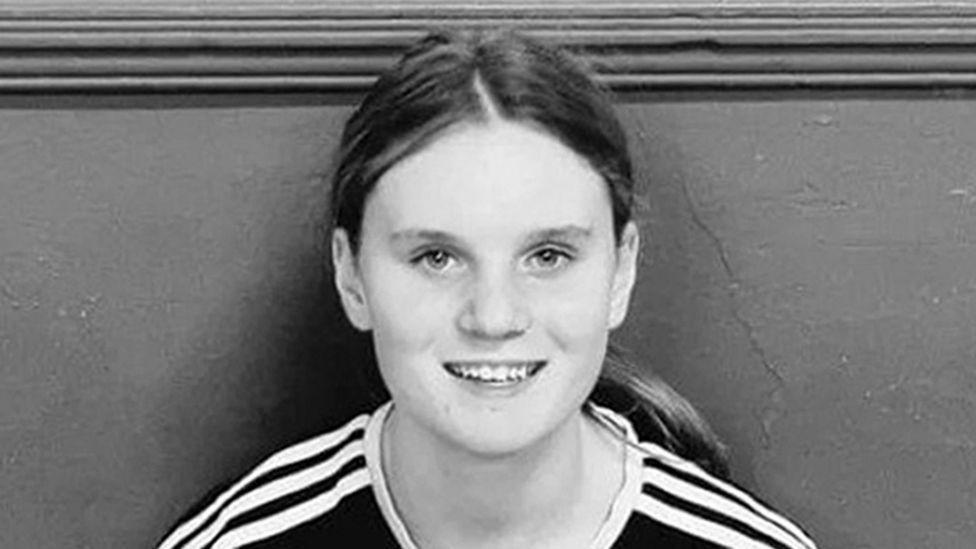
- Published9 August 2024
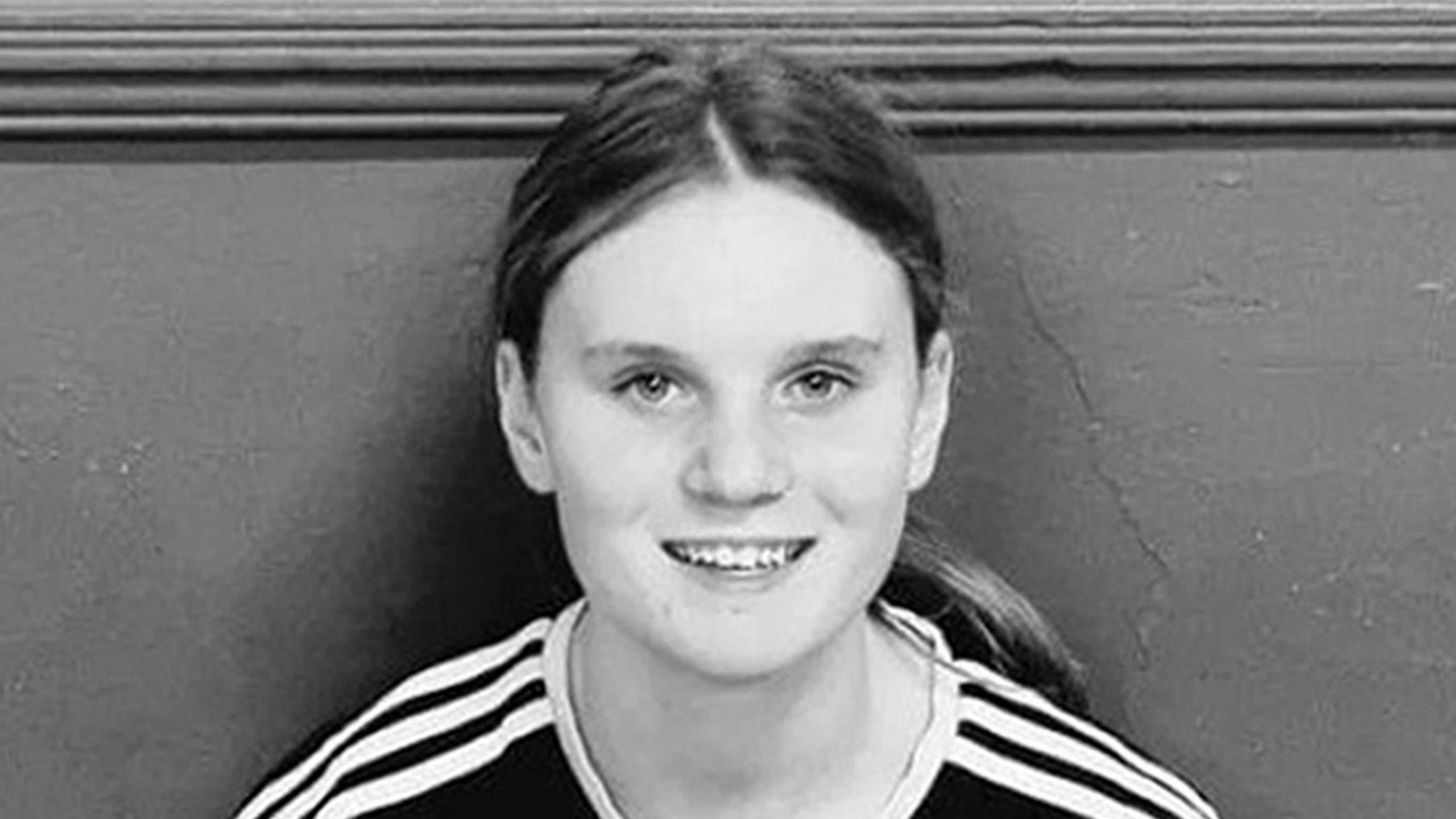
- Published8 August 2024
